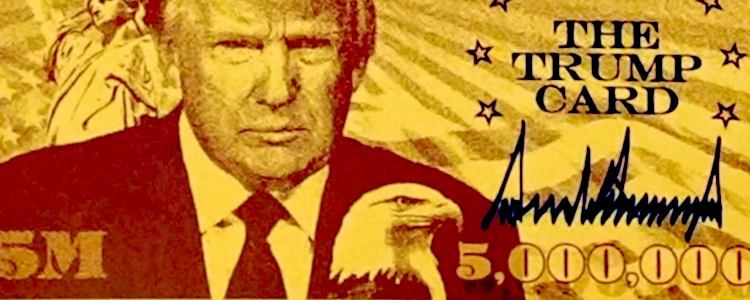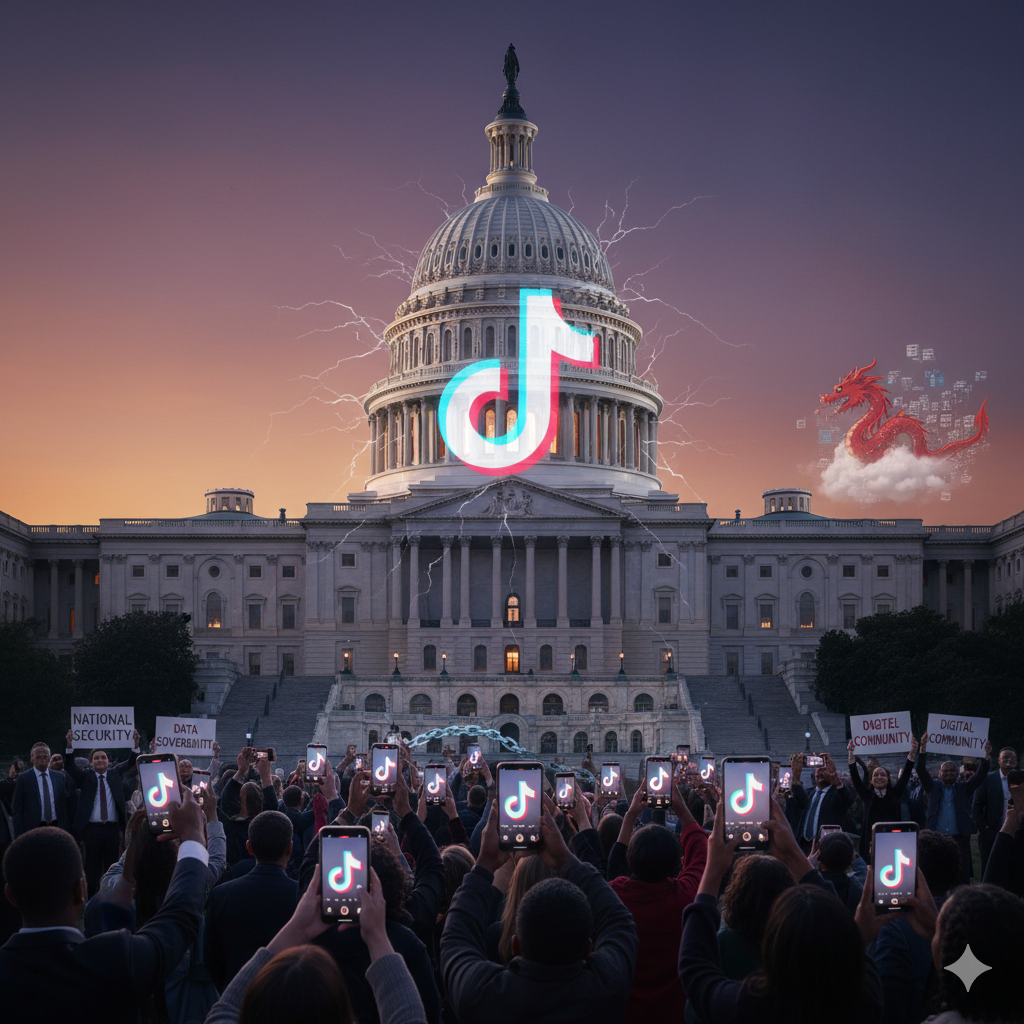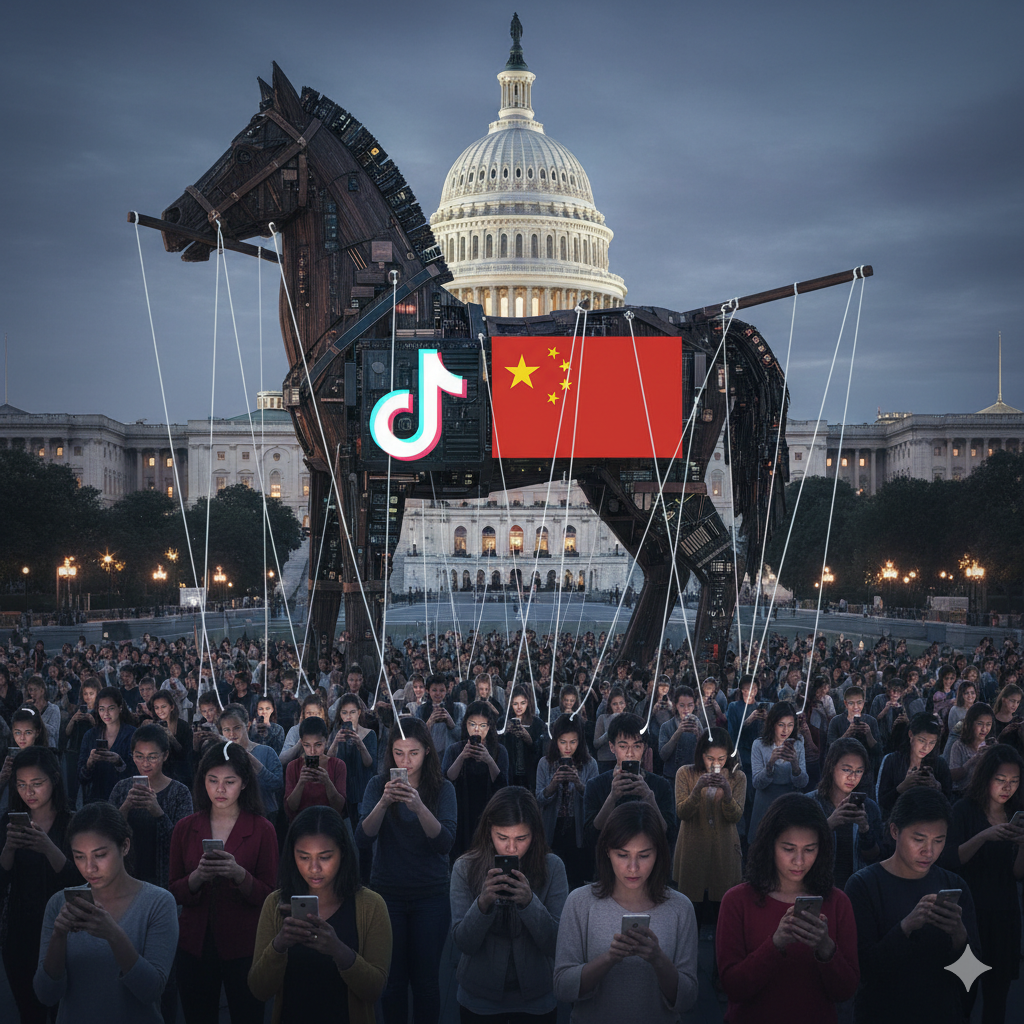David’s Note: This article was substantially revised on October 10, 2025 to incorporate new research and provide a more comprehensive analysis.
With over 170 million users in the United States, TikTok is more than a social media phenomenon; it is a deeply embedded component of American digital life and commerce.1 This ubiquity, however, masks a critical vulnerability. This report presents a comprehensive analysis of the national security threat posed by the social media application TikTok, operated by its parent company, ByteDance Ltd. It argues that due to ByteDance’s inextricable links to the Chinese Communist Party (CCP), the application functions as a dual-threat vector for sophisticated data espionage and algorithmic influence operations against the United States.
Executive Summary
This report analyzes the national security threat from TikTok, an application operated by ByteDance Ltd. The company’s deep connections to the Chinese Communist Party (CCP) allow the app to function as a tool for data espionage and algorithmic influence against the United States.
This report’s central thesis is that mitigation efforts cannot neutralize this threat. The application’s core architecture, corporate governance, and legal obligations are inextricably linked to the CCP, a designated foreign adversary. Therefore, a complete prohibition on its operation within the United States is the only effective policy solution.
The report deconstructs ByteDance’s opaque corporate structure. It highlights the CCP’s control mechanisms, such as the “golden share” held by a state-backed entity, which make any claims of operational independence untenable. It also details warnings from top U.S. intelligence officials, including the FBI Director and the Director of National Intelligence, who define TikTok as a tool that a foreign adversary can leverage.
Furthermore, the report dismisses mitigation efforts like the $1.5 billion “Project Texas” as flawed security theater. Evidence shows this project failed to sever data flows to Beijing or neutralize the threat of algorithmic manipulation. The core issue of adversarial ownership remained unaddressed.
After refuting key counterarguments—related to the First Amendment, economic impacts, and false equivalencies with U.S. tech firms—the report concludes that partial measures are insufficient. The unique nature of the threat, rooted in ByteDance’s subservience to the CCP, demands a structural solution. The only policy that fully addresses these inherent risks is the swift enforcement of a ban on TikTok and any successor applications, as provided by the Protecting Americans from Foreign Adversary Controlled Applications Act (PAFACA).
(more…)



